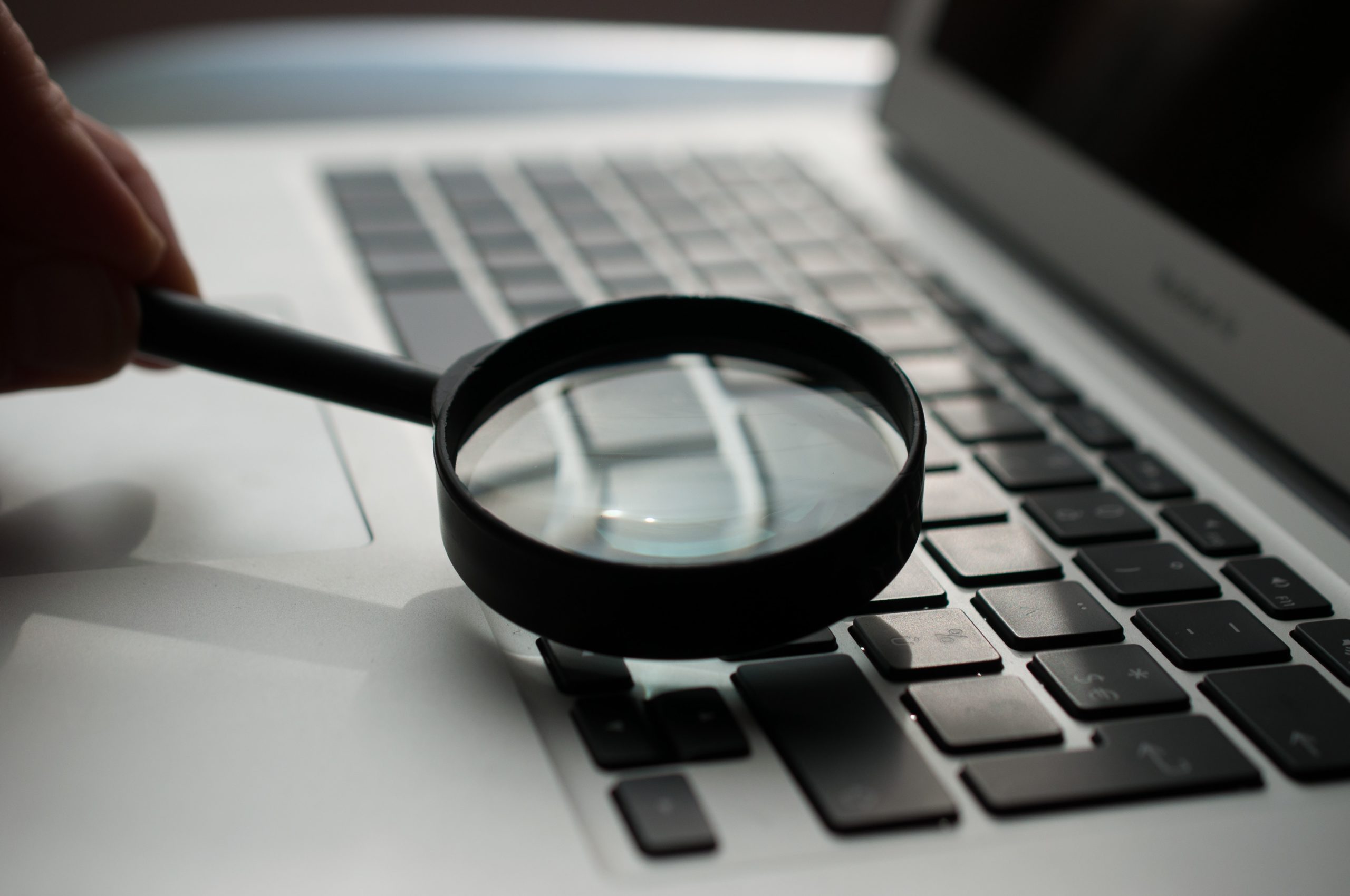If there are assets you believe are rightfully yours but you can't seem to get your hands on them, you may be considering working with an asset recovery company that specializes in claiming money or property on behalf of their clients. But before you choose a company you should know what to look for. In this article, we'll go over how to choose a trustworthy and credible asset recovery company.
August 25, 2022
~7 min read
If you are looking for the right company to help you claim money or property that you believe is rightfully yours, it’s important to choose wisely. There are a few important things you need to look into BEFORE you make your decision on what company to choose:
- Is the company trustworthy?
- Is the company capable – do they have industry credibility?
- What are the fees for their services, and are there any other costs?
Trustworthiness
First and foremost, you need to make sure that you are working with a reputable and trustworthy company. After all, you’ll be entrusting them with sensitive information, so you need to be sure that they can be trusted to handle it appropriately.
It may seem like it’s impossible to tell whether or not a company is really trustworthy until after you’ve worked with them, and while that’s unfortunately the only way to know for sure, there are some helpful things you can look for online that are often very good indicators of how trustworthy a company’s business practices are. Here are a few good ways to get a sense of whether or not a company is trustworthy and worth working with.
Check the Company’s Better Business Bureau (BBB) Rating
One of the best ways to see if an asset recovery company is trustworthy is to check their rating with the Better Business Bureau. The BBB is a well-respected organization that investigates and rates companies based on the BBB’s 8 Standards for Trust. If you haven’t looked into the BBB in several years, you’ll be surprised at the organization’s growth and how rigorous their requirements for accreditation have become!
Truthfully, our company was not expecting the level of scrutiny they put us under – not only did they examine our client contract agreements and business practices, but they checked up on our licensing, verified many of the past clients who had written reviews for us, and even references from other industry professionals. Many people falsely believe that BBB accreditation can be purchased (we also assumed that many years ago), and although BBB accreditation is not free, we can tell you from first-hand experience that the BBB organization DOES NOT just give their seal of approval to any company willing to pay for it.
On top of the accreditation process, the Better Business Bureau also rates companies based on their business history, customer complaints, and several other factors. A company that is BBB Accredited and has a good BBB rating is likely to be one that’s worthy of your trust.
Checking for Consumer Complaints
Even if a company is accredited and highly rated through BBB, you should still search online to see if there have been any complaints lodged against them. Keep in mind that a valid complaint from a client isn’t a reason not to work with a company – although EstateCo is proud to say that we don’t have any consumer complaints anywhere on the internet, we know that it’s hard to please everyone all the time, and most great companies are sure to accidentally provide sub-par service at one point or another.
The main thing is that you’re able to READ the complaint and judge for yourself whether or not it calls the company’s ethics into question. If the complaint is about the process taking too long, or the paperwork being confusing, or not getting a phone call returned immediately, these aren’t evidence of shady business practices. However, if there are even one or two complaints in which the client felt like the company was dishonest with them – and it’s obviously more than just a simple communication failure – this could be indicative of a business that doesn’t value the trust their clients place in them. More than a handful of complaints, especially ones that detailing things that seem morally compromised, might mean it’s a good idea to steer clear of that company.
Checking Customer Reviews
Just because a company is BBB-accredited, has a high BBB rating, and doesn’t have any bad complaints against them, doesn’t automatically mean they’re the company for you. It’s important for you to read with their other clients have had to say about their experience and what it was like to work with them. Ultimately, this may be the best way to get a feel for a company’s trustworthiness.
While reading reviews, keep in mind that statistically, approximately half of the people who leave a review are doing so because they had a BAD experience. It’s also worth noting that many people who are assisted by asset recovery companies often feel like their newly-claimed asset(s) and their financial situation is extremely personal and private, and don’t want to provide a review at all for those reasons. For these reasons, you may want to consider the idea that one good review can often represent 3 to 5 other clients who also had good experiences, but didn’t write a review for one reason or another.
Just like with the complaints, the key here is to read the reviews. Do they seem like they were written by real people, or robots? Most reputable review sites these days (including Google, BBB, Yelp, etc) have checks in place that prevent fake reviews, but that’s not always the case. While reading reviews, trust your gut instincts!
Credibility & Competence
Second, you need to know the company is properly licensed and insured, and has credibility in their industry. These checks will generally help ensure that they will be able to handle the circumstances surrounding your asset recovery, no matter how complex the circumstances are.
Licensed & Insured
Believe it or not, there are a lot of businesses that aren’t licensed nor insured to practice the services nor duties they are paid to perform. In some industries, a one-person operation run from a home office is perfectly acceptable, but this is one situation that you’ll want to work with a legitimate brick-and-mortar company, not only because of the legal complexities involved, but also because you will have to trust the company with a great deal of your personal information and private identity details.
For that reason, the question isn’t only whether or not the person or people themselves are legitimate, but more importantly, are their security methods and privacy practices legitimate? Do they have the equipment necessary to keep your information safe from hackers and identity thieves? And if your information was leaked, would you be protected by the company’s business insurance policies? Any company should be able to answers these questions and provide you with this information.
The company, firm, or business itself should be a licensed business entity in the state that it operates in, and hopefully holds one or more additional licenses that are industry specific. Similarly, individuals within the company should be licensed with the state to practice whatever it is they practice, if the state offers licensure for that line of work.
For example, EstateCo’s team includes licensed investigators, licensed real estate professionals, licensed attorneys, and licensed mortgage/financial professionals, but the state of Florida doesn’t offer licensing specifically for genealogists, researchers, or asset professionals, which is why we align ourselves with professional organizations, especially in these areas.
Checking for Memberships to Professional Organizations
Although participation and membership in professional organizations certainly isn’t required for a business to be credible and competent, these organizations typically have their own standards, meaning inclusion can be a positive indicator for the business’s credibility. Active memberships in professional organizations, like the Association of Professional Genealogists and even to local Chambers of Commerce usually means that the business is involved in the business community at large and genuinely cares about the growth and success of their industry.
Costs, Fees, and Expenses
And third, it’s important that you understand the fees and expenses associated with their services, as well as how those costs are structured, billed, and paid for. How do they determine what your fees are? How do they collect their fees? What do they require from you to get started? What other expenses could be incurred? Is there any possibility for any hidden costs?
Upfront Fees
Generally speaking, you should only work with an asset recovery company who doesn’t require any upfront fees from you. You should never have to pay any upfront fees when working with an asset recovery company. This includes any costs or expenses related to getting started.
Out-of-Pocket Costs
Even with the legal services, there’s no reason why you should have to pay anything out of pocket at all. The only time you should ever owe the asset recovery company anything is if they are successful in recovering assets on your behalf, and even then, all of the costs, fees, and expenses associated with recovering your assets should be paid for out of the assets being returned to you, so you will still have ZERO out-of-pocket costs.
A company who is competent and trustworthy will have you sign documents stating they will receive a portion of the money that is recovered for you, and won’t ask for any upfront payment to get started on your claim.
What is Owed if Asset Recovery is Unsuccessful?
Choosing a company that doesn’t require any upfront fees and only gets paid if they are successful in recovering assets on your behalf is the best way to protect yourself financially. This way, you don’t have to risk any money up front, and you can rest assured knowing that you won’t be out any money if the company isn’t successful.
This is called a “contingency,” and it means that they don’t get paid a single dime if they don’t recover your assets. Choose a company that operates on a contingency basis so you will have zero risk and zero costs, regardless of the outcome.
In Closing…
Working with an asset recovery company is the best way to ensure that you get the results you’re looking for. Just make sure you do your research first and choose a company that has a good reputation and is trustworthy, and you’ll be in good hands!




